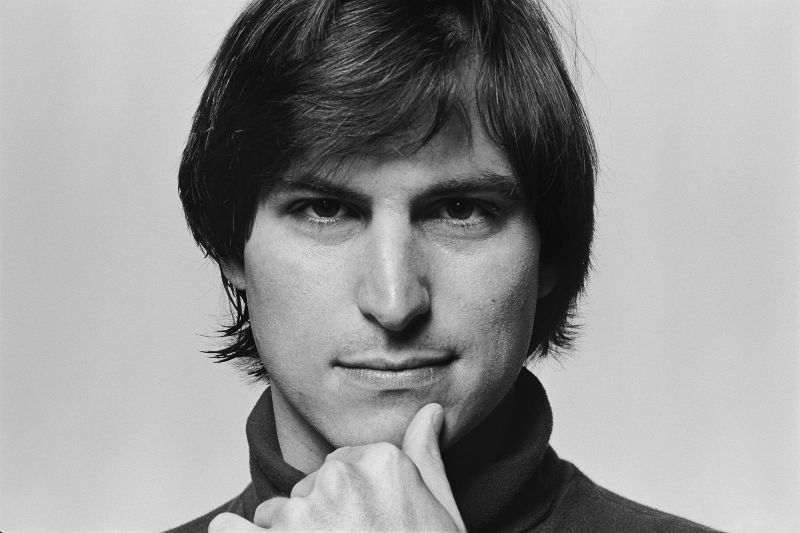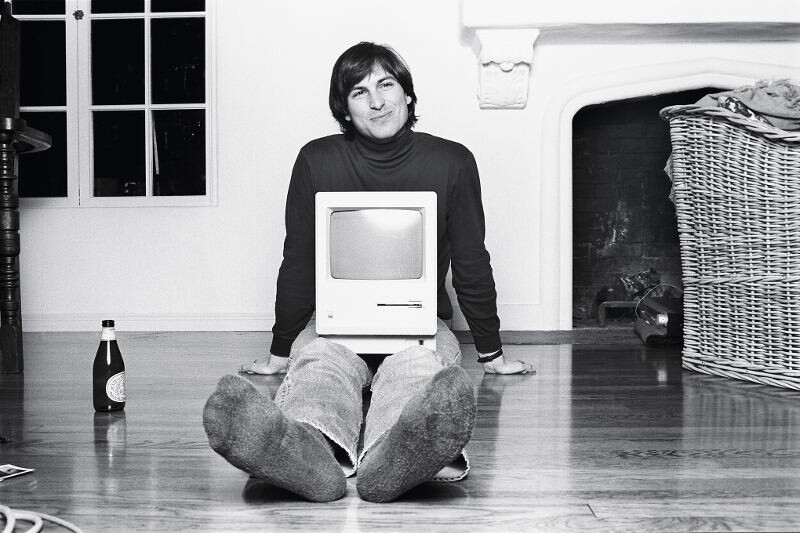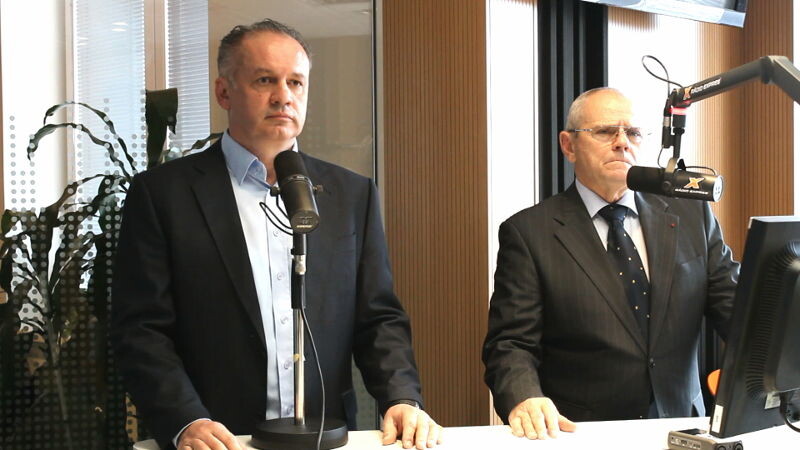Tears for Steve Jobs
This time, our situation review brought together Bára Kopecká (BK), also an author of documentary DK (2013), psychologist and personal coach Martin Sedláček (MS) and a successful founder of the Skypicker start-up for on-line search of cheap flights, Oliver Dlouhý (OD).
MS: Today, companies are usually managed by people who need to have absolute power and control and this position helps them assert their visions. And it is extremely strenuous and exhausting to work with someone like this in the long term. Jobs didn’t tolerate below-average performance – and expected the maximum from himself and his employees. He only knew one speed – full-on. He clearly demonstrated some dictator character traits, but at the same time, he was aware that he was a genius – for instance during the Think Different campaign, when he inadvertently mentioned himself in association with such great thinkers as Gandhi, Einstein and Muhammad Ali. In a way, he saw himself as a messiah and innovator.
BK: In one scene shot during the campaign, Jobs says that if people like Gandhi and Einstein had had the chance, they would have used the iPhone. But that’s marketing – Jobs wanted to maximise the sales. However, the film takes it out of the context creating the impression that he himself wanted to count as one of the geniuses. He wasn’t as stupid as to tell several hundred people: look I am as great as Gandhi or Einstein.
MS: But that wouldn’t have been stupid, on the contrary! When someone believes in what he or she is saying, then it’s not stupid. And Jobs had the confidence and capacity to do that.
BK: Then he would have to have been a megalomaniac.
OD: But he was one. It would be a different situation if he had declared it about himself, which he hadn’t done.
BK: I can see characteristics typical for a visionary who spares no-one, is uncompromising, bossy, cruel, which, however, does not mean that he is out of his senses. He was intelligent, not so crazy as to try to place himself on a pedestal. A visionary derives from the term “vision”, not “ego”. As if the film was trying hard to create an opposite image – of a madman on a pedestal.
Making history
OD: Jobs was a creative mind whose goal was to move onwards, to solve a problem. Unlike others such as Elon Musk, the founder of Tesla Motors, he was more focused on marketing. At the same time, I don’t think that his main motivation was profit. He wanted his products to be used by as many people as possible and that’s also why he insisted on their perfection and simplicity.
MS: Thanks to his charisma, he managed to make his people give up their family life and work overtime to actually become embodied in the final products. The rhetoric – we are not developing a phone, we are writing history – made the involved think they were a part of something big. And we feel the same, when holding an iPhone in our hand, we feel like we are participating in that history too.

BK: This documentary could have been a subjective piece of journalism, made in the so-called gonzo style, but the author is not much present to actually expressly admit that he is biased. When you are looking for answers you first ask questions and then gradually proceed to exploring various perspectives. Gibney chose a negative, even a vaguely related event, for instance suicides in China, and put them in connection with money, and then he asks a rhetorical question: And didn’t Jobs do it mainly for the money? But this is what a lecture, not a documentary, looks like.
Biased biography
OD: Well we can’t tell that Jobs was accountable for the suicides of his employees in China, I would not demonise Jobs like that. He himself actually pointed it out when explaining that considering that he had several hundred thousand employees all over the world, suicides were inevitable according to the statistics. After all, people weren’t forced to work for him. The working conditions in China are way below our standards, but compared to their standards, the work for Foxconn is still the better option.
BK: But the negative perspective cannot capture the complex nature of his personality, which is why we can’t watch the film only as a portrait. I don’t know why documentaries often mix the category of art and journalism. In the case of this film, we can’t speak about art, because art works with the implicit, with aesthetics, and form, using emotions as a means of expression and information to evoke them, but in this case, we have an imbalanced mix of indistinct comments from talking heads chosen according to some strange key, excerpts from news programmes and several mechanically incorporated takes of the landscape which do not convey any emotion.
OD: I was wondering what message not only the trees but the whole work was supposed to convey. But I’m still wondering. As if it was some randomly collected footage put in a chronological order, one event after another. I was missing a connecting link that would point me in the right direction or at least indicate where the truth lies and if we can actually find it.
BK: In journalistic terms, the film is not very good either. We can ask why people were crying when Steve Jobs died, but to be able to answer that question, we would have to focus on those who were crying, the whole Apple phenomenon and its products. Instead, we see an incomplete and one-sided picture.
MS: The audience doesn’t understand why these people were crying. We can see one of Jobs’ colleagues reading a part of the letter that he had received before Jobs’ death and bursting into tears. In the same breath, he says that he has lost his family, wife and friends because of Apple. But the audience doesn’t know why he is crying. Is he sorry about the death of a genius in whose glory he could bask for a moment, or does he regret the fact that he sacrificed his family life to Apple?
BK: To be honest, it occurred to me that he and Jobs might have been lovers.
MS: I almost thought the same, because he was talking about him with such tenderness. It even sounded a bit platonic. Although this documentary offered so many hints, not much was clearly revealed in the end. The audience doesn’t have the chance to create a comprehensive picture.



